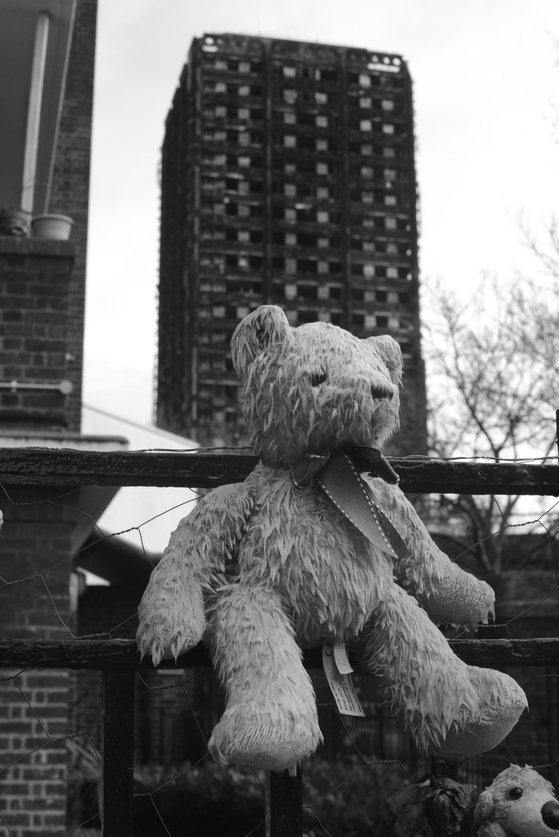
- More than two years after the Grenfell tragedy, the scale of the fire safety problems in buildings remains unknown and hundreds of buildings still need remediation.
- Flat owners are often left in legal limbo and human rights may provide one way for them to compel action is taken.
The second anniversary of the Grenfell Tower fire has come and gone, but the first report from the Grenfell Tower Inquiry, chaired by Sir Martin Moore-Bick, has been delayed until later this month. The catastrophic loss of life at Grenfell has led to a new focus on building safety. In the immediate aftermath, public and political attention quickly turned to the tower’s refurbishment programme and the external cladding that had been installed, which appeared to explain the rapid spread of the fire. In turn, this led to a programme of testing, which has since identified as many as 200,000 people









